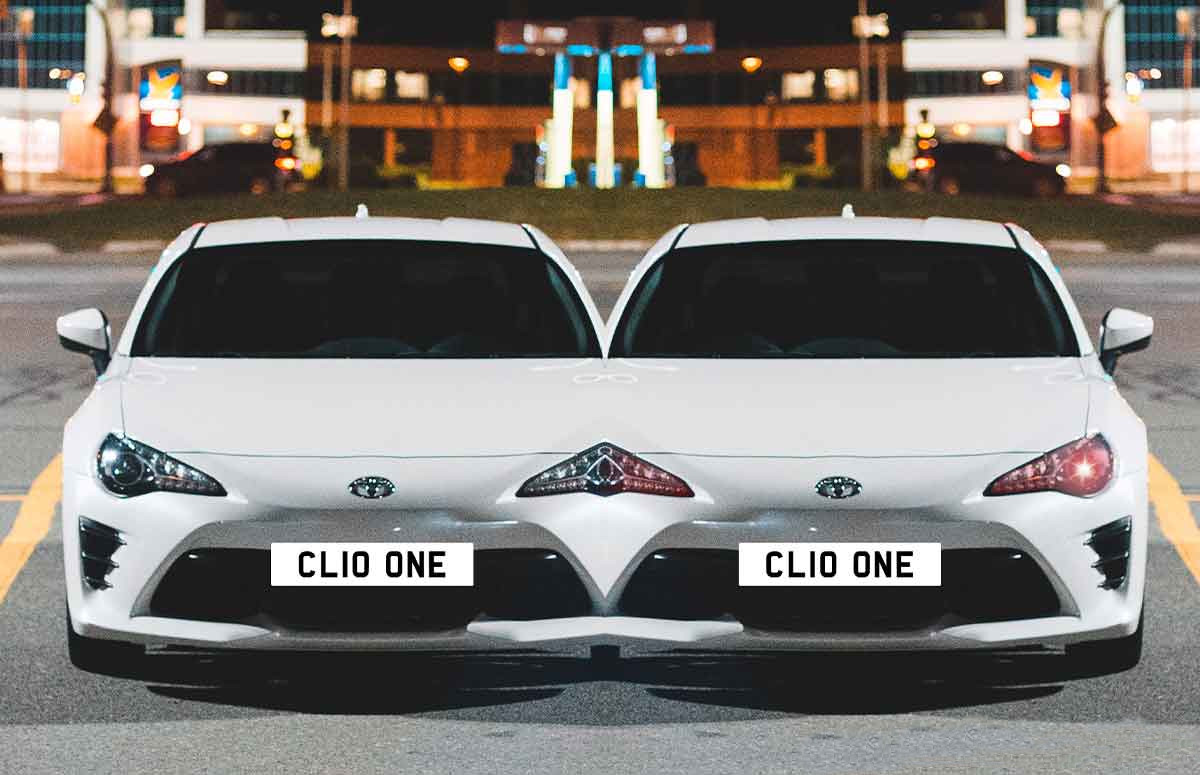Last Updated on: 22nd November 2023, 05:44 pm
Support to poor countries hosting the bulk of the world’s refugees is lacking despite promises from global leaders three years ago. Humanitarian workers are appealing to high and middle income countries to offer more support to refugees and displaced people at the first ever Global Refugee Forum this week in Geneva.
“World leaders solemnly promised with the New York Declaration that there would be better responsibility-sharing in protecting and assisting refugees and displaced. Since then, borders have closed for families seeking protection, refugee quotas slashed, and poor host countries left with little international support. The Global Refugee Forum must reverse this trend and save a refugee system on the brink of collapse,” warned Jan Egeland, Secretary General of the Norwegian Refugee Council (NRC).
In the wake of the 2015 refugee influx to Europe, world leaders signed the ambitious 2016 New York Declaration for Refugees and Migrants. Since then, little progress has been made to better share the responsibility for sheltering people fleeing conflict. UN Member States pledged to work together to protect and care for all refugees, but the number of refugees resettled globally has halved since 2016, to less than 60,000 so far this year. As we approach the end of 2019, humanitarian appeals for some of the largest refugee crises, are less than half funded.
The situation for many refugees is thus worsening. The lack of funding and support is forcing desperate families to adopt dangerous coping strategies such as child labour and prostitution. Closed borders are making people embark on life-threatening journeys in search of safety.
The New York Declaration was followed by the Global Compact on Refugees last year, and on 17 and 18 December, state representatives are meant to translate the words into concrete pledges at the Global Refugee Forum in Geneva. While some rich countries are providing funding and a number of poor countries are providing refugees from neighbouring countries with safety, there is a large and gaping majority of nations not taking their share of the responsibility.
“This is a rallying call to the ‘missing middle’. Many large and emerging economies are neither receiving refugees nor contributing financially. They must come onboard and increase their contributions if we are to succeed,” Egeland said.
Among the top refugee recipient countries, Turkey is sheltering 3.7 million refugees, Lebanon 1.5 million and Uganda 1.3 million.
“Uganda is sheltering more refugees alone than the total number of people that arrived into the whole of European Union, Switzerland and Norway combined during the so-called refugee crisis in 2015. The country should be applauded for the way it has received refugees, but applause alone will not feed empty stomachs,” Egeland said before appealing to the international community to step up their support and create opportunities for refugees.




